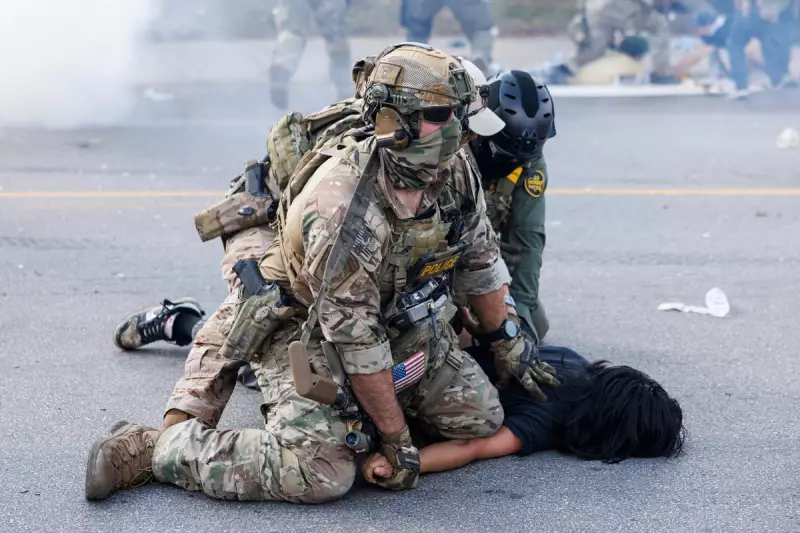
Former US President Donald Trump finds himself at the centre of a fresh legal storm following controversial comments about deploying National Guard troops to Chicago. A lawsuit has been filed against the ex-president, alleging his statements crossed legal boundaries and threatened constitutional rights.
The Controversial Remarks
During a recent public appearance, Trump suggested sending National Guard forces to Chicago to address crime issues in the city. His comments immediately sparked outrage and concern among civil liberties groups and legal experts who questioned the legality and appropriateness of such a deployment.
Legal Grounds for the Suit
The lawsuit argues that Trump's statements represent an overreach of presidential authority and could potentially incite unlawful military action against American citizens. Legal representatives for the plaintiffs contend that such rhetoric undermines democratic principles and could set dangerous precedents for future executive power.
Political Fallout and Reactions
The case has ignited fierce debate across political lines, with supporters defending Trump's right to express opinions about public safety, while opponents see the lawsuit as a necessary check on presidential power. The timing couldn't be more sensitive, coming amid ongoing discussions about crime prevention strategies and federal intervention in local affairs.
Historical Context of Military Deployment
This isn't the first time the deployment of National Guard troops has sparked controversy. The lawsuit draws parallels to historical instances where federal military intervention in cities raised serious constitutional questions about states' rights and federal overreach.
As the legal proceedings unfold, this case promises to test the boundaries of presidential speech and executive authority, potentially setting important precedents for how former presidents can be held accountable for their public statements.






